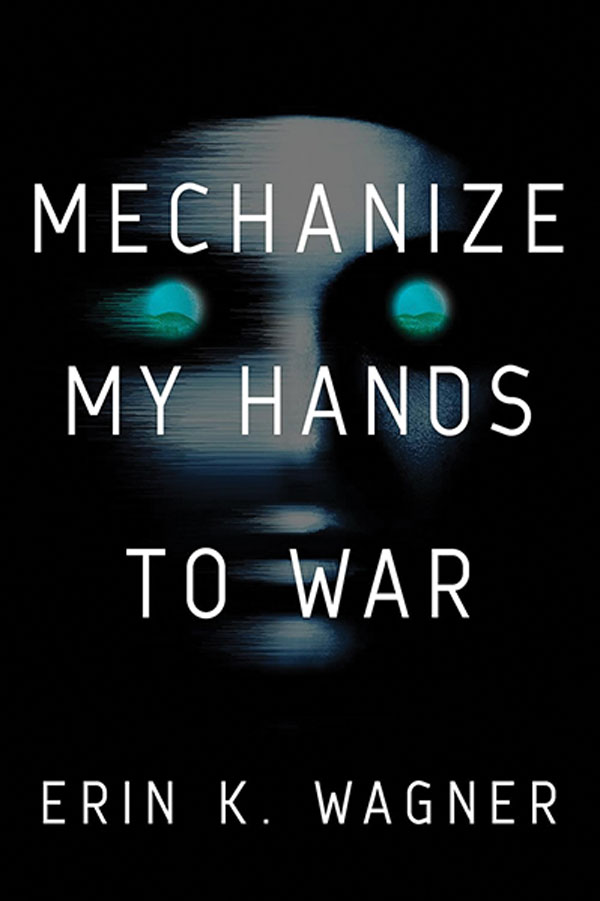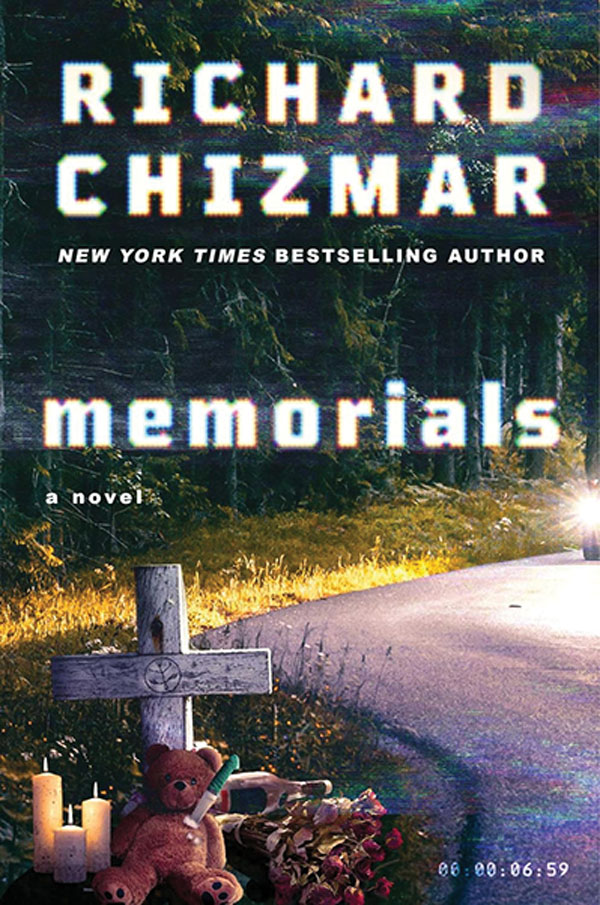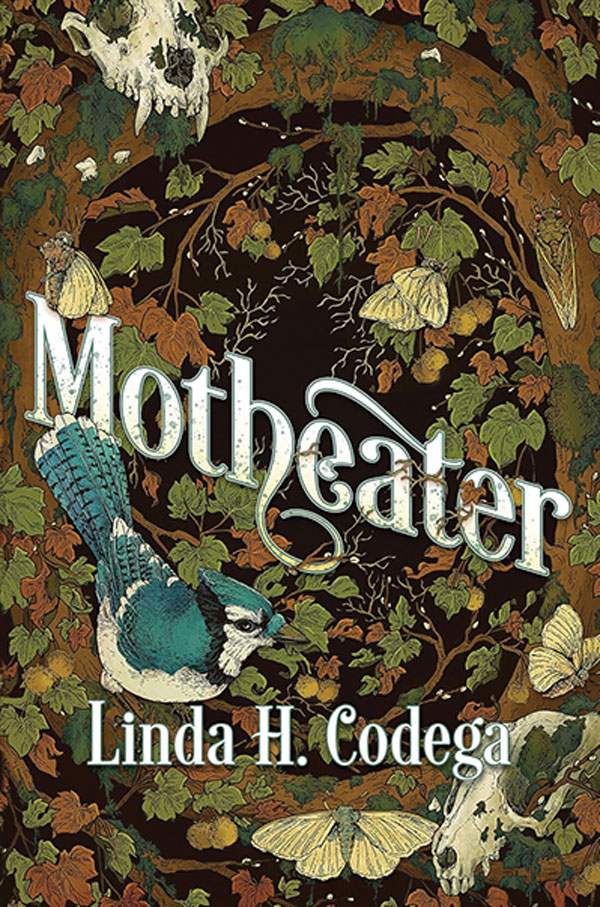The mountains of Appalachia may seem an unlikely science fiction setting, but Erin K. Wagner, for one, disagrees. She grew up in rural southeast Ohio, across the river from a clutch of West Virginia factories that belched smoke into the skies. “Appalachia is a little behind in terms of technology and access,” she says, making it the perfect backdrop for Mechanize My Hands to War (DAW, Feb. 2025), a story of androids sent in to take human jobs.
Author and Cemetery Dance publisher Richard Chizmar, meanwhile, mined the isolation and “closed off existence” of deep Appalachia for the horror tale Memorials (Gallery, Oct.). These and other forthcoming books use that strong sense of place to tell stories that could unfold nowhere else.
The Bog Wife
For generations, the Haddesley family has made a grim exchange: the life of the family patriarch for the delivery of a bog wife, a supernatural woman constructed of plants who will carry on the family line. But when five dysfunctional siblings gather to deliver their father to the ancestral West Virginia cranberry bog, they wait in vain for the wife’s appearance. The broken covenant sends the baffled, frightened family into further disarray.
Mechanize My Hands to War
In the late 2050s, anti–mechanized labor organizer Eli Whitaker has formed a militia to fight the use of android workers, including child soldiers in its ranks. Meanwhile, Appalachian farmers Shay and Ernst, frantic after their GMO crop fails, depend on androids to work the now-toxic fields. “Wagner exhibits a flair for realistic worldbuilding,” PW’s starred review said. “The result is a sharply imagined and all too plausible exploration of the future of AI.”
more
Memorials
Chizmar’s newest horror offering, “an immersive and über-creepy novel,” according to PW’s starred review, follows three college students on a 1983 road trip. Their American Studies professor has sent them to make a documentary on roadside memorials in Appalachian Pennsylvania. At first, the campfires and bonding are a welcome break from the academic year. But a cryptic symbol carved into some of the memorials warns them that a dark force is at work, and the roadside accidents may be anything but.
Motheater
Kiron, Va., resident Bennie Mattox is on a quest to hold the White Rock mining company responsible for decades of disappearances from its Kire Mountain coal mines. In her search for evidence, she comes upon a woman lying half-drowned in a mine slough—Motheater, a witch bound to the region, who joins up with Bennie to protect both town and mountain. Per PW’s review, “Codega weaves Appalachian magic and Southern cunning throughout their protagonists’ crusade and brings in an exploration of what it is to be queer in the South.”
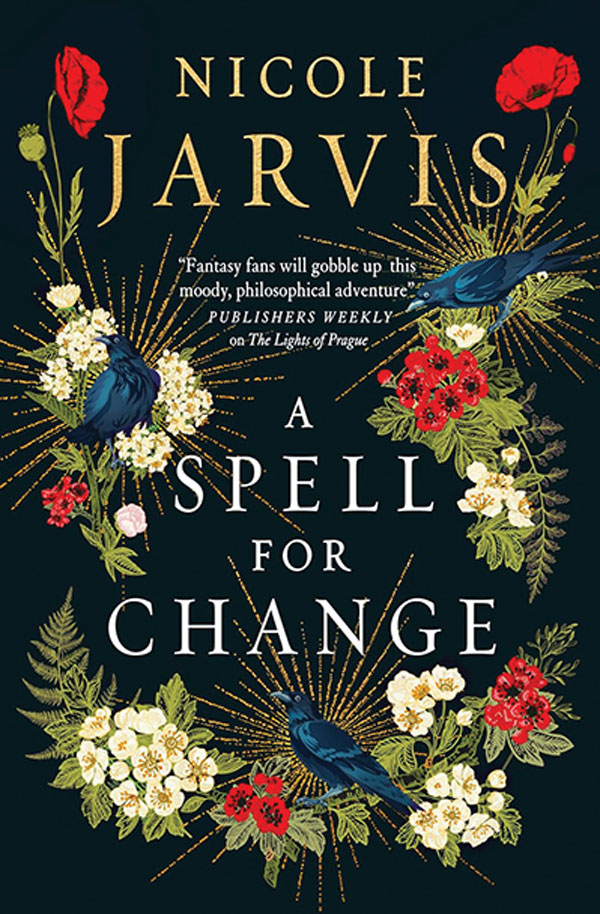
A Spell for Change
In Jarvis’s latest, three outcasts with supernatural talents fight to find their place in post-WWI Appalachia. Kate’s visions are always disturbing, and always come true. Oliver, recently returned from the front, holds a new talent in his broken body: an ability to speak to the dead. Nora Jo, the daughter and granddaughter of witches, has chosen a simple life as a schoolteacher; when she’s fired for her scandalous ideas, a mountain witch offers a magical apprenticeship. Together, the three square off against the malevolent entity that’s stalking their town.
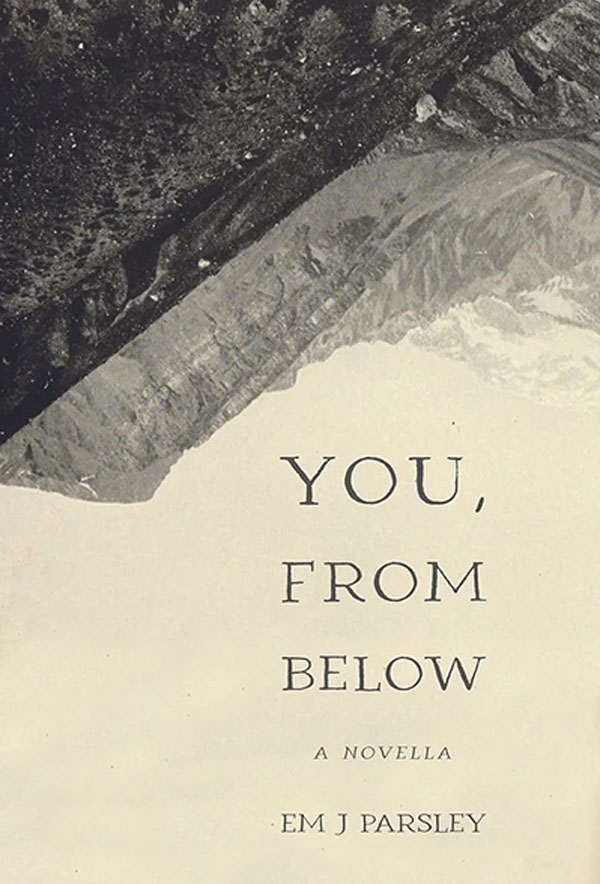
You, from Below
This novella from writing professor and Kentucky resident Parsley tracks the lone survivor of an Appalachian holler town that disappears into the earth. Determined to find answers, the unnamed narrator heads up a nearby mountain, bearing an envelope they know they must deliver—but to whom? On their journey, they meet a beekeeper, an immortal woman, and a schoolteacher from a town left empty by the Rapture. Parsley’s Central Appalachia is trapped in a cycle of dying and rebirth, boom and bust, sorrow and joy.
Correction: A previous version of this review used the wrong pronoun to refer to the author of Motheater.




